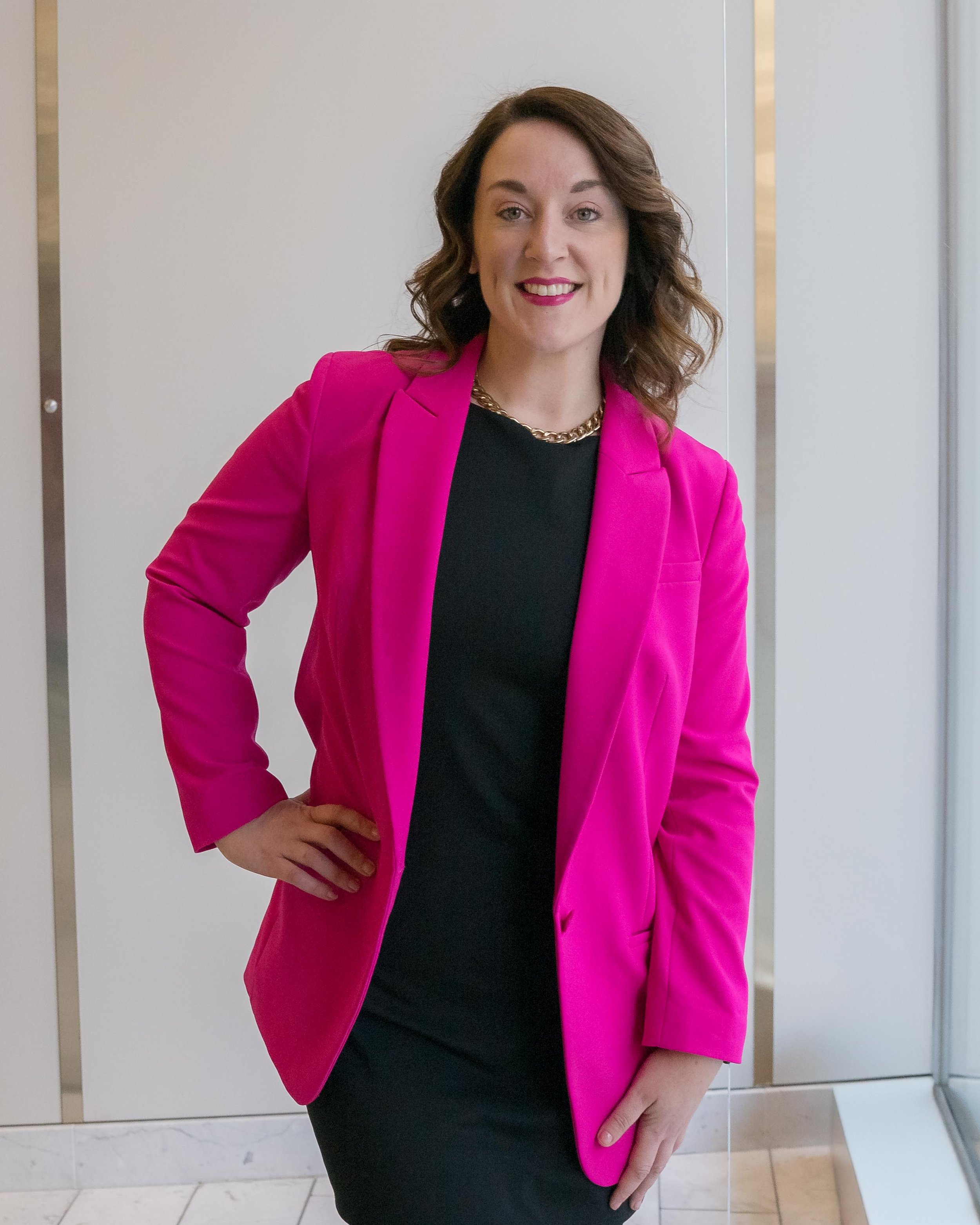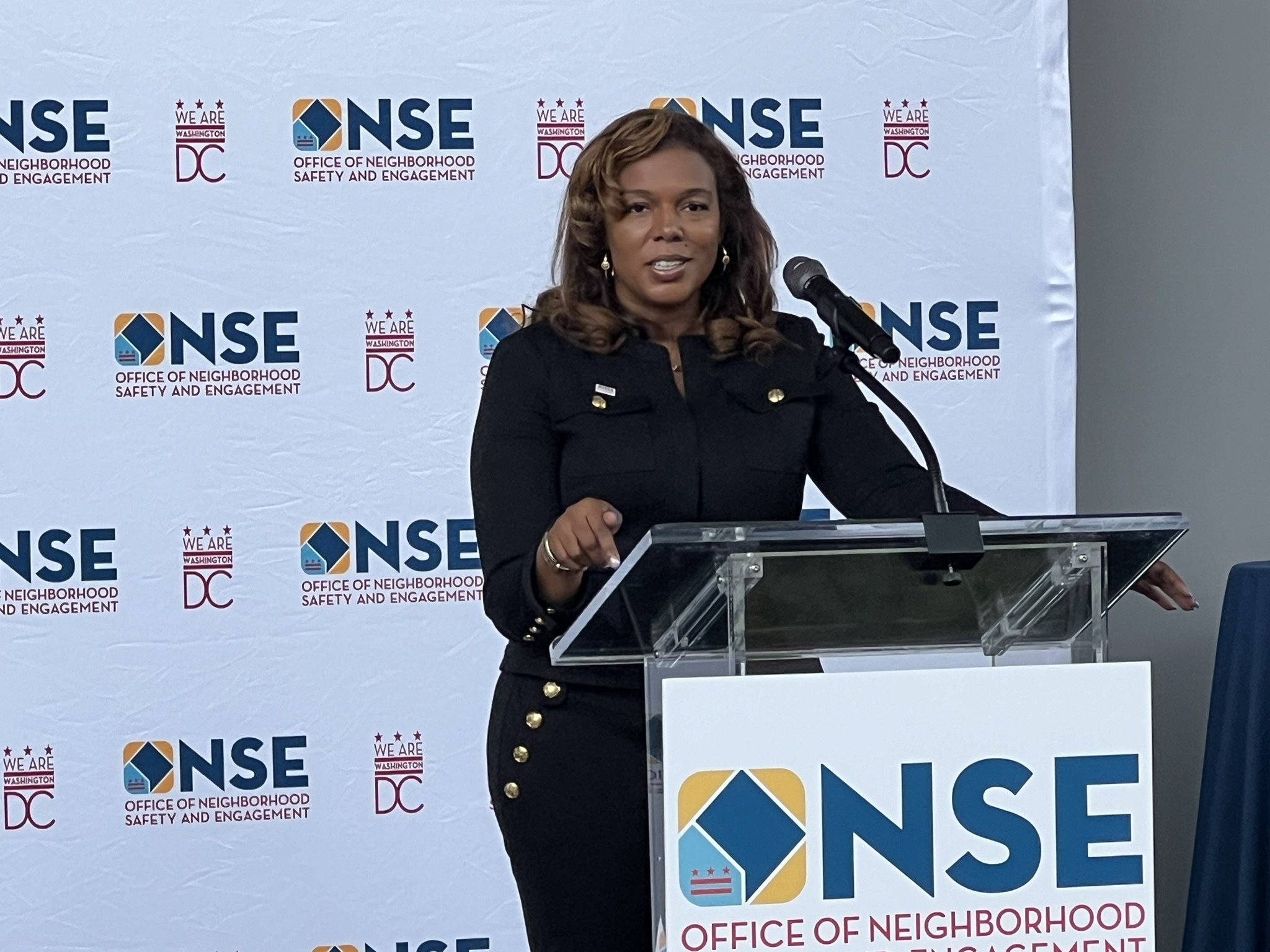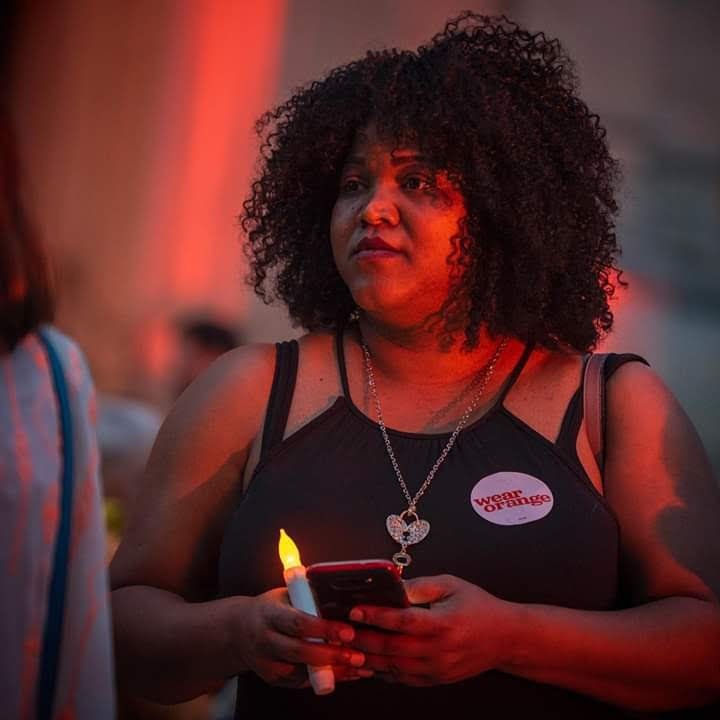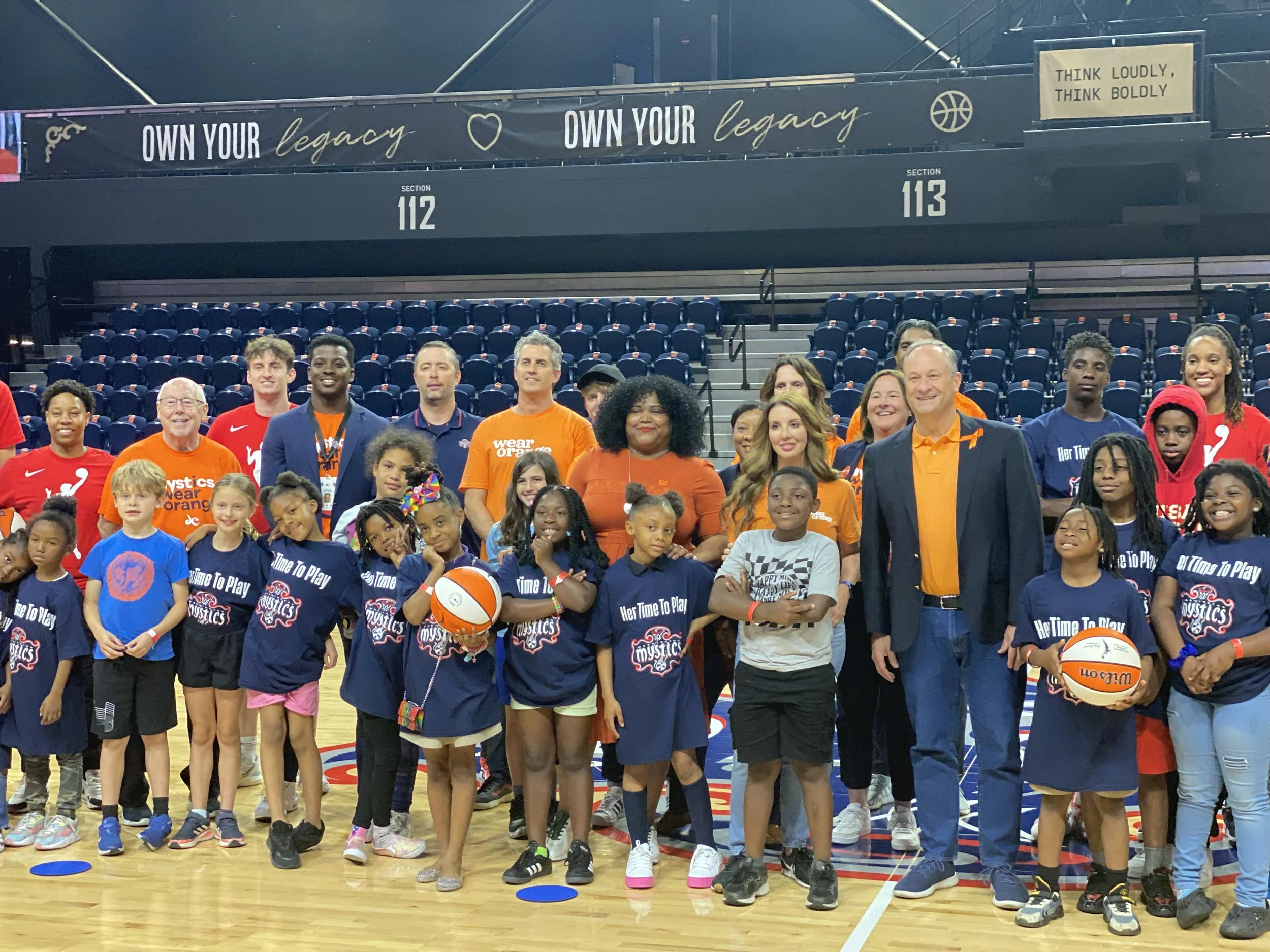Dawnn Leary, Staff lead of Reimagine and Senior Director, Grants & Strategic Initiatives & Maryam Abdul-Kareem, Owner Heartwork Consulting
Economic justice is often defined by policies, metrics, and outcomes—minimum wages, unemployment rates, wealth gaps. But what if true economic justice isn't just about better numbers? What if it begins with the radical act of asking: Who gets to define what a just economy looks like?
For too long, the table for imagining our futures has been reserved for those with institutional power. Meanwhile, those most impacted by injustice—those building worker co-ops, fighting for tenants’ rights, and organizing for care workers—have been expected to implement someone else’s vision. We decided to flip that script.
Why We Embarked on a Community Visioning Process
In 2022, as we (Reimagine, formerly the Greater Washington Workforce Development Collaborative) underwent a robust listening and learning discovery process, which we announced last year, we heard a clear call from nonprofit and movement partners:
“We want to help shape the framework—not just respond to it.”
That feedback lit the path forward. If we are truly committed to economic justice, we must start by redistributing not just resources, but power—including the power to define problems, set priorities, and imagine solutions.
So, we launched the Dreamscape Process: a multi-month, community-led visioning journey centered on the leadership, wisdom, and lived experiences of those on the frontlines. This was not a traditional “engagement exercise.” It was a reintroduction of our mission in practice. As the Dreamscape process launched, a group of twenty-one (21) funders participated in a parallel learning series focused on supporting community led systems-change—recognizing that truly honoring community wisdom requires philanthropy to engage in its own political education beyond centering institutional assets.
We chose the name Reimagine with intention. It’s not just branding—it’s a commitment. To reimagine, we must center imagination, redistribute decision-making, and rebalance our ways of working to include rest and restoration as a political necessity.
How We Designed our Dreamscape Process
We co-designed the Dreamscape Process with a planning committee made up of community-rooted leaders from Beloved Community Incubator, Tenants and Workers United, and Progressive Maryland. Together, we built a process that emphasized relationship, rest, and radical imagination.
We brought in Heartwork Consulting, led by Maryam Abdul-Kareem, whose liberatory facilitation approach made space for vulnerability, truth-telling, and deep visioning. Over
six months, we held in-person retreats and virtual gatherings with seven grassroots organizations:
Beloved Community Incubator
Maryland Center for Economic Policy
Muslims for Just Futures
National Domestic Workers Alliance
Progressive Maryland
Tenants and Workers United
Virginia Solidarity Economy Network
Each organization received operating support grants in recognition of their time, expertise, and labor. From the outset, we honored lived experience as expertise—not as an add-on, but as the foundation.
Why Rest Was Central to our Process
“We can’t reimagine if we’re too exhausted to dream.”
Organizers are navigating relentless crises. Urgency is constant. Burnout is expected. So we asked: What would it look like to build rest into the core of economic justice work—not as a luxury, but as a requirement for sustainability and strategy?
In Dreamscape sessions, we intentionally slowed the pace. We created space for connection without agenda, for reflection without output. The insights that emerged didn’t happen despite the rest—they happened because of it.
“Rest isn’t separate from economic justice. It is the work.”
What We Learned: Insights from the Frontline
Throughout this process, powerful lessons emerged that are now reshaping our strategy, funding approach, and priorities. Here are just a few:
1. Long-Term, Flexible Funding is Non-Negotiable
“Funders need to keep up with the long-term commitment required to shift systems.”
Organizers need multi-year general operating support and trust-based relationships to scale sustainable models like worker cooperatives.
2. Fund the Work Behind the Work
“Unfortunately, funders don’t often support the work required to nurture and sustain the people doing this work.” —Felix Macaraeg, Beloved Community Incubator
Participants identified chronically underfunded areas essential to movement-building: political education, healing justice, language access, cross-collaboration, and imaginative visioning.
3. Accessibility is a Justice Issue
Funding processes must reflect the communities they aim to serve. That means phone or video applications, minimal reporting, and grantee-defined success metrics—not long, written-only applications.
4. Systems Change Requires Cultural Shifts
“Systems change is shifting policy, structures, and norms—including the idea that if someone wins, someone else has to lose.” —Kevin Slayton, Maryland Center for Economic Policy
Participants called for a broader definition of systems change—one rooted in divesting from harmful institutions, honoring care work, and building solidarity economies.
What Community Vision Looks Like
The Dreamscape Process affirmed that deep systems change comes from those who live the work every day. Their words were reminders and roadmaps:
“We are always getting into good trouble. That’s part of being an organizer—we can’t keep quiet.” —Evelin Urrutia, Tenants and Workers United
“We care for the community by keeping the joy and fostering hope.” —Mariam Ayoudon, Muslims for Just Futures
“Success is when we change how workers see their own power—and help them step into it.” —Alana Eichner, National Domestic Workers Alliance
These weren’t just powerful reflections—they were strategic insights rooted in deep practice.
From Vision to Action
The Dreamscape Process wasn’t a one-time project. It was a turning point.
Moving forward, Reimagine will:
Expand multi-year, flexible funding opportunities
Integrate healing and imagination into funding priorities
Adopt accessible, human-centered grantmaking practices
Support regular gatherings for peer learning, rest, and reflection
Regularly engage organizers as a thought leaders.
This is what it means to reimagine, redistribute, and rebalance.
A Call to Join Us
This moment asks all of us—funders, organizers, movement builders, and neighbors—to do more than change outcomes. It asks us to change who defines the outcomes. It asks us to shift not just money, but mindsets. To fund what sustains us. To center rest. To trust frontline wisdom. To believe that new economies are not only possible—they are already being built.
“We build partnerships by knowing this work is happening—and we just have to connect the dots.” —Mariam Ayoudon
If you're ready to shift power, fund bold ideas, and help co-create the conditions for dignity, safety, and abundance—join us. Let’s build an economy where every voice matters, and every dream is possible.





























































































